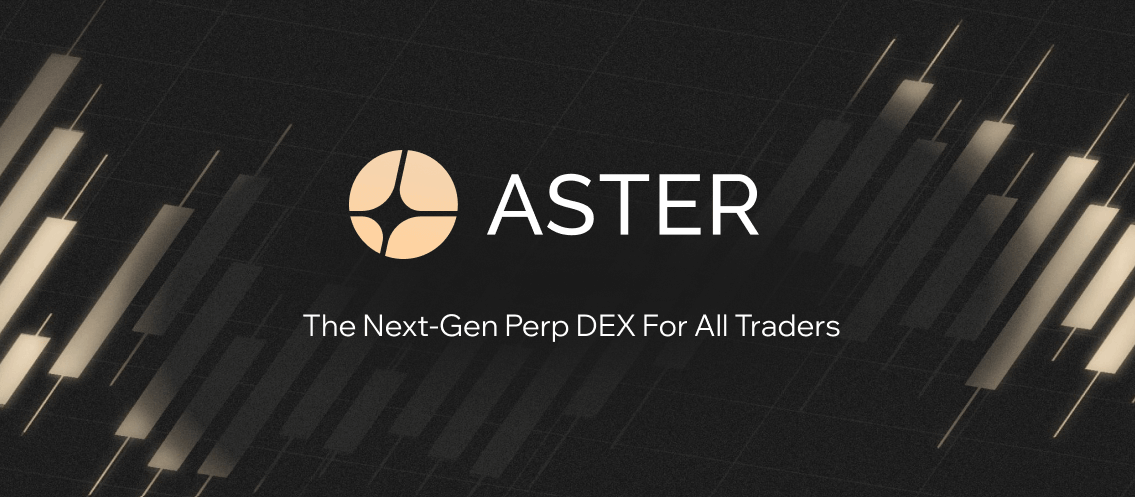TLDR
- Aster reschedules Stage 2 airdrop to October 20 after user complaints.
- Data inconsistencies led Aster to revise token allocations for some users.
- Over 153,000 wallets qualified for Aster’s Stage 2 airdrop distribution.
- ASTER token price remains stable despite the airdrop delay and market changes.
Aster, a decentralized exchange backed by Binance founder Changpeng Zhao’s YZi Labs, has postponed its Stage 2 airdrop due to concerns over potential data inconsistencies. Initially set for October 14, the airdrop has now been rescheduled to October 20. This delay follows complaints from users about unexpectedly low token allocations, sparking a need for further review and updates to certain user allocations.
Airdrop Delay and Data Inconsistencies
The announcement of the delay came on Friday, with Aster citing “potential data inconsistencies” as the primary reason for rescheduling the airdrop. The exchange explained that the inconsistencies were not fully outlined, but assured users that their token allocations would be updated where necessary.
The airdrop was originally planned to take place on October 14 but will now tentatively occur on October 20. Aster addressed concerns raised by users who reported discrepancies between their expected and actual token allocations. Some users noted that the “S2 airdrop checker,” deployed last week, provided much lower-than-expected allocations. One user claimed to have received an allocation of only 336 ASTER tokens despite trading $9 million in volume.
Aster’s Response to User Complaints
Aster responded to the concerns by reassuring the community that most users’ allocations would not fall below the final snapshot RH% in each epoch. The platform added that the discrepancies would be rectified for affected users, ensuring that the token distribution process remains fair. Aster did not provide further details on the exact nature of the data inconsistencies, which has left some users questioning the transparency of the process.
The company has yet to explain whether the delay is linked to technical issues or other factors. However, Aster made it clear that the adjustment of token allocations would address the discrepancies raised by users, providing clarity on how the final distribution will be handled.
Background on Aster’s Recent Developments
Aster, formerly known as APX Finance, is a cross-chain perpetual futures exchange that aims to compete with Hyperliquid, a dominant decentralized exchange in the perpetual futures market. Launched in mid-2023, Hyperliquid has significantly impacted the market, prompting Aster to introduce its own token and airdrop in September. This strategy helped Aster gain considerable market share, with the exchange seeing $420 billion in trading volume last month alone.
Operating on multiple blockchains including Solana, Ethereum, Arbitrum, and BNB Chain, Aster has positioned itself as a multi-chain platform to compete with existing decentralized exchanges. As part of its expansion strategy, Aster introduced the Stage 2 airdrop, which aimed to distribute tokens to 153,000 qualifying wallets.
Market Response and Token Performance
The delay of the Stage 2 airdrop has had minimal impact on the token’s performance in the market. Aster’s native token, ASTER, is currently trading at around $1.69. Despite the postponement of the airdrop and a broader market pullback driven by global economic factors, the token’s price has remained relatively stable. Market analysts continue to monitor the situation closely, awaiting any further updates from Aster regarding the rescheduled airdrop.
While the delay and the data inconsistencies have caused some uncertainty, Aster’s response aims to assure users that the process will be transparent and fair. As the new airdrop date approaches, the platform’s next steps will likely be crucial in maintaining user trust and engagement.







